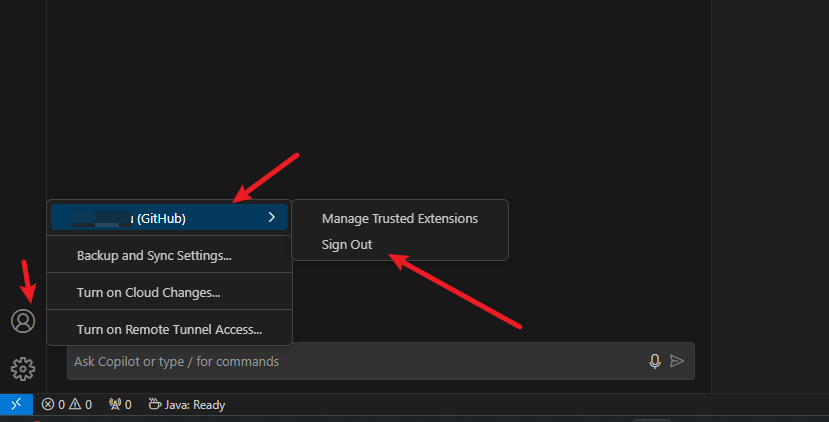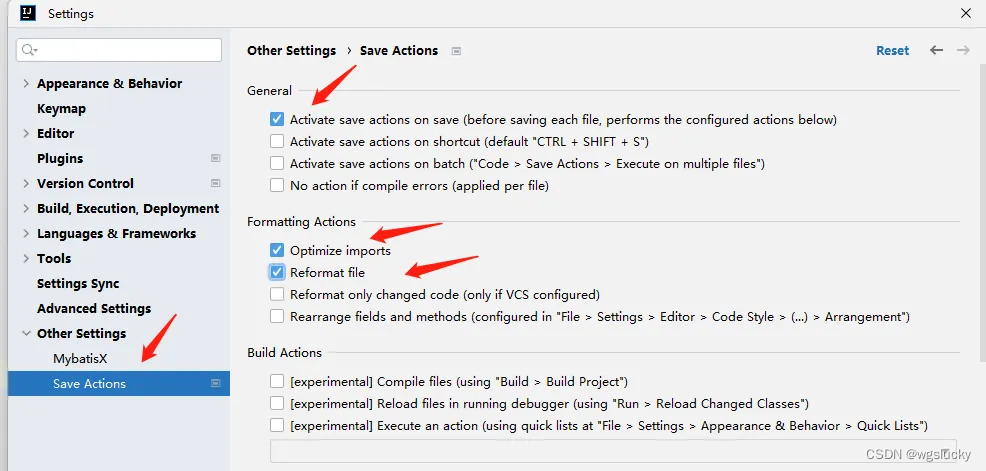
系列文章目录
MNN createFromBuffer(一)
MNN createRuntime(二)
MNN createSession 之 Schedule(三)
MNN createSession 之创建流水线后端(四)
MNN Session::resize 之流水线编码(五)
MNN Session 创建执行器(六)
文章目录
- 系列文章目录
- 1、createSession
- 1.1 createMultiPathSession
- 1.1.1 Session 类 ModeGroup
- 1.1.2 Session::Session
- 1.1.2.1 _createPipelineBackend
- 1.1.2.1.1 VulkanRuntime::onCreate
- 1.1.2.1.1.1 VulkanBackend::VulkanBackend
- 1.1.2.1.2 CPURuntime::onCreate
- 1.1.2.1.2.1 CPUBackend::CPUBackend
- 1.1.2.2 Pipeline 类 TuningAttr、UnitInfo
- 1.1.2.3 Pipeline::Pipeline
- 1.1.2.3.1 GeometryComputer::Context
1、createSession

依据 ScheduleConfig 和 RuntimeInfo 创建会话。
// source/core/Interpreter.cpp
Session* Interpreter::createSession(const ScheduleConfig& config, const RuntimeInfo& runtime) {
return createMultiPathSession({config}, runtime);
}
1.1 createMultiPathSession
// source/core/Interpreter.cpp
Session* Interpreter::createMultiPathSession(const std::vector<ScheduleConfig>& configs, const RuntimeInfo& runtime) {
// ...
auto newSession =
std::unique_ptr<Session>(new Session(std::move(info), mNet->modes, std::move(rt)));
if (!newSession->valid()) {
MNN_PRINT("Invalide Session!!\n");
return nullptr;
}
auto result = newSession.get();
auto validForResize = info.validForResize;
if (validForResize && mNet->modes.inputMode == Session_Input_Inside && mNet->modes.resizeMode == Session_Resize_Direct) {
result->resize();
}
if ((!mNet->cacheFile.empty()) && (!valid) && mNet->modes.backendMode == Session_Backend_Fix) {
// Try to save extra cache
auto buffer = result->getCache();
if (buffer.first != nullptr && buffer.second > 0) {
MNN_PRINT("Write cache to %s, size = %zu\n", mNet->cacheFile.c_str(), buffer.second);
writeCacheFile(mNet, buffer);
mNet->lastCacheSize = buffer.second;
// Write Cache
cacheMode = cacheMode | 2;
}
}
// Reset cache
result->loadCache(nullptr, 0);
mNet->sessions.emplace_back(std::move(newSession));
#ifdef MNN_INTERNAL_ENABLED
int precision = BackendConfig::Precision_Normal;
if (nullptr != configs[0].backendConfig) {
precision = configs[0].backendConfig->precision;
}
int mode = configs[0].mode;
mNet->sessionInfo.insert(std::make_pair(result, std::make_tuple(precision, mode)));
if (shouldLog(FREQ_HIGH)) {
std::map<std::string, std::string> metrics = mNet->basicLogginData;
metrics.emplace("UUID", mNet->uuid);
metrics.emplace("Time", std::to_string((float)_timer.durationInUs() / 1024.0f));
metrics.emplace("Backend", std::to_string(configs[0].type));
metrics.emplace("Precision", std::to_string(precision));
metrics.emplace("Mode", std::to_string(mode));
metrics.emplace("Cache", std::to_string(cacheMode));
metrics.emplace("CacheSize", std::to_string((float)(mNet->lastCacheSize / 1024.0f)));
metrics.emplace("ModelSize", std::to_string ((float)mNet->buffer.size() / 1024.0f / 1024.0f));
metrics.emplace("Usage", std::to_string((int) mNet->net->usage()));
metrics.emplace("API", "Interpreter::createMultiPathSession");
logAsync(metrics);
}
#endif // MNN_INTERNAL_ENABLED
return result;
}
1.1.1 Session 类 ModeGroup
// source/core/Session.hpp
class MNN_PUBLIC Session {
public:
struct ModeGroup {
Interpreter::SessionMode callBackMode = Interpreter::Session_Debug;
Interpreter::SessionMode inputMode = Interpreter::Session_Input_Inside;
Interpreter::SessionMode outputMode = Interpreter::Session_Output_Inside;
Interpreter::SessionMode backendMode = Interpreter::Session_Backend_Fix;
Interpreter::SessionMode resizeMode = Interpreter::Session_Resize_Direct;
Interpreter::SessionMode memoryUsageMode = Interpreter::Session_Memory_Collect;
Interpreter::SessionMode codegenMode = Interpreter::Session_Codegen_Disable;
int memoryAllocatorType = 0;
int maxTuningNumber = MNN_DEFAULT_TUNING_NUMBER;
};
Session(Schedule::ScheduleInfo&& info, const ModeGroup& mode,
RuntimeInfo&& runtime);
~Session();
Session* clone(RuntimeInfo&& runtime, std::shared_ptr<Schedule::ScheduleInfo> sharedConst);
public:
/**
* @brief infer.
* @return result code.
*/
ErrorCode run() const;
/**
* @brief infer with callbacks and sync option.
* @param enterCallback callback before each op.
* @param exitCallback callback after each op.
* @param sync wait until all ops done before return or not.
* @return result code.
*/
ErrorCode runWithCallBack(const TensorCallBackWithInfo& enterCallback, const TensorCallBackWithInfo& exitCallback,
bool sync = false) const;
bool getInfo(Interpreter::SessionInfoCode code, void* ptr) const;
public:
/**
* @brief resize tensors and buffers responding to input changes.
* @return result code.
*/
ErrorCode resize();
/**
* @brief set if needs resize.
* @param flag needs resize or not.
*/
void setNeedResize(bool flag = true) {
mNeedResize = flag;
}
void setNeedMalloc(bool flag = true) {
mNeedMalloc = flag;
}
Runtime* getCPURuntime() {
return mRuntime.second.get();
}
public:
/**
* @brief get backend that create the tensor.
* @param tensor given tensor.
* @return backend that create the tensor, NULL if the tensor is created by default backend (CPU backend).
*/
const Backend* getBackEnd(const Tensor* tensor) const;
/**
* @brief get input tensor for given op name.
* @param name given op name. if NULL, return first input tensor.
* @return input tensor if found, NULL otherwise.
*/
Tensor* getInput(const char* name) const;
/**
* @brief get output tensor for given op name.
* @param name given op name. if NULL, return first output tensor.
* @return output tensor if found, NULL otherwise.
*/
Tensor* getOutput(const char* name) const;
/**
* @brief get output tensors map.
* @return get output tensors map.
*/
const std::map<std::string, Tensor*>& getOutputAll() const;
const std::map<std::string, Tensor*>& getInputAll() const;
/**
* @brief check session is valid or not.
* @return session is valid or not.
*/
inline bool valid() const {
return mValid;
}
/**
* @brief update the session's const value to origin model's const blob.
* @return errorcode
*/
ErrorCode updateToModel(Net* net) const;
void waitAsyncResize();
bool hasAsyncWork();
bool loadCache(const void* buffer, size_t size);
std::pair<const void*, size_t> getCache();
Tensor* getTensor(int index) const;
Schedule::PipelineInfo& getPipelineInfo(int index) const;
protected:
const std::vector<std::shared_ptr<Pipeline>>& getPipelines() const {
return this->mPipelines;
}
private:
void _clearCache();
void _setUpTensorInfo(const Schedule::ScheduleInfo& info);
private:
RuntimeInfo mRuntime;
std::vector<std::shared_ptr<Pipeline>> mPipelines;
bool mNeedResize = true;
bool mValid = true;
bool mNeedMalloc = true;
Interpreter::SessionMode mCallBackMode;
Interpreter::SessionMode mMemoryUsageMode;
Interpreter::SessionMode mCodegenMode;
Schedule::ScheduleInfo mInfo;
ModeGroup mMode;
};
1.1.2 Session::Session
// source/core/Session.cpp
Session::Session(Schedule::ScheduleInfo&& info, const ModeGroup& mode, RuntimeInfo&& runtime) {
mMode = mode;
mRuntime = std::move(runtime);
if (info.pipelineInfo.empty()) {
mValid = false;
return;
}
mInfo = std::move(info);
for (auto& iter : mInfo.pipelineInfo) {
_createPipelineBackend(iter, mRuntime);
Pipeline::TuningAttr attr;
attr.maxTuningNumber = mode.maxTuningNumber;
attr.autoSetOpType = mode.backendMode == Interpreter::Session_Backend_Auto;
auto rt = mRuntime.first.find(iter.first.info.type)->second.get();
auto cpuRuntime = mRuntime.second;
std::shared_ptr<Pipeline> newPipeline(new Pipeline(std::move(iter), mode.inputMode == Interpreter::Session_Input_Inside, mode.outputMode == Interpreter::Session_Output_User, attr, rt, cpuRuntime.get()));
mPipelines.emplace_back(std::move(newPipeline));
}
mCallBackMode = mode.callBackMode;
mMemoryUsageMode = mode.memoryUsageMode;
mCodegenMode = mode.codegenMode;
}
1.1.2.1 _createPipelineBackend
创建流水线后端。BackendCache
// source/core/Session.cpp
// typedef std::pair<BackendCache, std::vector<OpCacheInfo>> PipelineInfo;
//
// struct BackendCache {
// Backend::Info info;
// BackendConfig config;
// std::pair<std::shared_ptr<Backend>, std::shared_ptr<Backend>> cache;
// bool needComputeShape = true;
// bool needComputeGeometry = true;
// bool reportError = true;
// std::map<Tensor*, TENSORCACHE> inputTensorCopyCache;
// };
//
// typedef std::pair< std::map<MNNForwardType, std::shared_ptr<Runtime>>, \
// std::shared_ptr<Runtime>> RuntimeInfo;
//
static void _createPipelineBackend(Schedule::PipelineInfo& iter, RuntimeInfo& runtime) {
// iter.first 类型为 struct BackendCache
if (iter.first.cache.first != nullptr) {
return;
}
// runtime.first 类型为 std::map<MNNForwardType, std::shared_ptr<Runtime>>
// 根据 MNNForwardType(MNN_FORWARD_VULKAN) 获取对应的 Runtime(VulkanRuntime)
auto rt = runtime.first.find(iter.first.info.type)->second.get();
// runtime.second 为默认 Runtime(CPURuntime)
auto cpuRuntime = runtime.second;
bool specialUsage = false;
if (iter.first.info.user != nullptr) {
specialUsage = iter.first.info.user->flags > 0;
}
// 此处运行 VulkanRuntime::onCreate,创建对应的 Backend(VulkanBackend)
// iter.first.cache 类型为 std::pair<std::shared_ptr<Backend>, std::shared_ptr<Backend>>
iter.first.cache.first.reset(rt->onCreate(iter.first.info.user));
std::shared_ptr<Backend> second;
if (iter.first.cache.first->type() == MNN_FORWARD_CPU && (!specialUsage)) {
iter.first.cache.second = iter.first.cache.first;
} else {
// Const Backend shouldn't be used as default backend
// The session may be schedule multi-thread but const backend is the same
// We need create a new backend to do size compute / not support op compute
// 创建默认的 Backend(CPUBackend)
BackendConfig defaultConfig;
defaultConfig.flags = 4;
iter.first.cache.second.reset(cpuRuntime->onCreate(&defaultConfig));
}
}
1.1.2.1.1 VulkanRuntime::onCreate
// source/backend/vulkan/runtime/VulkanRuntime.cpp
Backend* VulkanRuntime::onCreate(const BackendConfig* config) const {
// FIXME: Use config
return new VulkanBackend(this, mInfo);
}
1.1.2.1.1.1 VulkanBackend::VulkanBackend
// source/backend/vulkan/image/backend/VulkanBackend.cpp
VulkanBackend::VulkanBackend(const VulkanRuntime* runtime, const Backend::Info& info) : Backend(MNN_FORWARD_VULKAN) {
mRuntime = runtime;
mDirect = Backend::Info::INDIRECT != info.mode;
mDynamicMemoryPool.reset(new VulkanMemoryPool(runtime->mMemoryPool.get()));
auto& dev = device();
mFence = std::make_shared<VulkanFence>(dev);
if (!mDirect) {
mCmdBuffer.reset(runtime->mCmdPool->allocBuffer());
}
mInitBuffer.reset(runtime->mCmdPool->allocBuffer());
}
1.1.2.1.2 CPURuntime::onCreate
// source/backend/cpu/CPUBackend.cpp
Backend* CPURuntime::onCreate(const BackendConfig* config) const {
auto precision = mPrecision;
auto memory = mMemory;
size_t flags = mFlags;
if (nullptr != config) {
precision = config->precision;
flags = config->flags;
memory = config->memory;
}
#ifdef LOG_VERBOSE
MNN_PRINT("cpu backend was created by runtime:%p\n", this);
#endif
#ifdef MNN_USE_ARMV82
auto core = MNNGetCoreFunctions();
if (core->supportFp16arith && precision == BackendConfig::Precision_Low) {
return new Arm82Backend(this, memory);
}
#endif
#ifdef MNN_SUPPORT_BF16
if (precision == BackendConfig::Precision_Low_BF16 && BF16Functions::get()) {
return new BF16Backend(this);
}
#endif
if (flags == MNN_CPU_USE_DEFAULT_BACKEND) {
return new CPUBackend(this, precision, memory, MNN_FORWARD_CPU, 0);
}
#ifdef MNN_USE_SSE
if (AVX2Backend::isValid()) {
return new AVX2Backend(this, memory, flags);
}
#endif
return new CPUBackend(this, precision, memory, MNN_FORWARD_CPU, flags);
}
1.1.2.1.2.1 CPUBackend::CPUBackend
// source/backend/cpu/CPUBackend.cpp
CPUBackend::CPUBackend(const CPURuntime* runtime, BackendConfig::PrecisionMode precision, BackendConfig::MemoryMode memory, MNNForwardType type, size_t flags) : Backend(type) {
#ifdef LOG_VERBOSE
MNN_PRINT("cpu backend create\n");
#endif
mMemory = memory;
mRuntime = const_cast<CPURuntime*>(runtime);
std::shared_ptr<BufferAllocator::Allocator> defaultAlloc(BufferAllocator::Allocator::createRecurse(runtime->mStaticAllocator.get()));
if (mRuntime->getAllocatorType() == Runtime::Allocator_Defer) {
mDynamicAllocator.reset(new DeferBufferAllocator(defaultAlloc));
} else {
mDynamicAllocator.reset(new EagerBufferAllocator(defaultAlloc));
}
mStaticAllocator = runtime->mStaticAllocator;
mPrecisionMode = precision;
mCoreFunctions = MNNGetCoreFunctions();
mInt8CoreFunctions = MNNGetInt8CoreFunctions();
mCache = new CPUResizeCache;
}
1.1.2.2 Pipeline 类 TuningAttr、UnitInfo
// source/core/Pipeline.hpp
/** pipeline. one session may contains multiple pipeline, and one pipeline may contains more than one unit. */
class Pipeline : public NonCopyable {
public:
struct TuningAttr {
bool autoSetOpType;
int maxTuningNumber;
};
Pipeline(Schedule::PipelineInfo&& info, bool allocInput, bool outputStatic, const TuningAttr& tune, const Runtime* rt, const Runtime* cpuRt);
~Pipeline();
class UnitInfo : public OperatorInfo {
public:
UnitInfo() = default;
virtual ~UnitInfo() = default;
void setUp(const Command& cmd, int index, const Op* originOp, int totalIndex);
};
public:
/** encode :
1. compute shape for every op's inputs and outputs;
2. geometry transform;
3. copy op, inputs and outputs tensor info to mBuffer
static_model: 3; dynamic_model: 1,2,3
*/
ErrorCode encode(bool supportDebug = false, bool permitCodegen = false);
/** allocMemory: create Execution and alloc memory for every op */
ErrorCode allocMemory(bool firstMalloc, bool permitCodegen);
/** execute this pipline */
ErrorCode execute();
ErrorCode executeCallBack(const TensorCallBackWithInfo& before, const TensorCallBackWithInfo& after);
Schedule::PipelineInfo& getPipelineInfo() {
return mInfo;
}
float flops() const {
return mFlops;
}
friend class Session;
MNNForwardType getMainForwardType() const {
return mInfo.first.cache.first->type();
}
private:
void _copyInputs();
void _pushTuningTask(std::vector<Schedule::OpCacheInfo>&& initInfos);
void _recycleDynamicMemory(Command* command);
Schedule::PipelineInfo mInfo;
bool mAllocInput;
bool mOutputStatic;
TuningAttr mTuneAttr;
float mFlops = 0.0f;
bool mIsQuantModel = false;
// For gpu or other backend
std::map<Tensor*, std::shared_ptr<Tensor>> mCacheConstTensors;
std::map<Tensor*, std::shared_ptr<Tensor>> mShapeFixConstCache;
#ifndef MNN_BUILD_MINI
GeometryComputer::Context mContext;
Runtime::CompilerType mUseGeometry;
#endif
const Runtime* mRuntime;
const Runtime* mCpuRuntime;
};
1.1.2.3 Pipeline::Pipeline
OpCacheInfo
// source/core/Pipeline.cpp
// typedef std::pair<BackendCache, std::vector<OpCacheInfo>> PipelineInfo;
//
// /** pipeline info */
// struct OpCacheInfo {
// /** op */
// const Op* op;
// /** input tensors */
// std::vector<Tensor*> inputs;
// /** output tensors */
// std::vector<Tensor*> outputs;
// /** schedule type*/
// Schedule::Type type = Schedule::Type::SEPARATE;
//
// /**Command buffer for cache*/
// CommandBuffer cacheBuffer;
//
// /**Command buffer for execute*/
// CommandBuffer executeBuffer;
//
// std::map<const Op*, std::shared_ptr<Execution>> executionCache;
// };
//
Pipeline::Pipeline(Schedule::PipelineInfo&& info, bool allocInput, bool outputStatic, const TuningAttr& tune, const Runtime* rt, const Runtime* cpuRt)
#ifndef MNN_BUILD_MINI
// mContext 类型为 GeometryComputer::Context
: mContext(info.first.cache.second, info.first.cache.first->type(), info.first.info.user ? info.first.info.user->precision : BackendConfig::Precision_Normal), mUseGeometry(rt->onGetCompilerType()) {
#else
{
#endif
rt->onCheckInfo(info.first.info);
mRuntime = rt;
mCpuRuntime = cpuRt;
mTuneAttr = tune;
mAllocInput = allocInput;
mOutputStatic = outputStatic;
mInfo = std::move(info);
mIsQuantModel = false;
// mInfo.second 类型为 std::vector<OpCacheInfo>
for (auto& iter : mInfo.second) {
for (auto t : iter.outputs) {
if (TensorUtils::getDescribe(t)->quantAttr.get() != nullptr) {
// 是否是量化模型
mIsQuantModel = true;
break;
}
}
for (auto t : iter.inputs) {
if (TensorUtils::getDescribe(t)->quantAttr.get() != nullptr) {
mIsQuantModel = true;
break;
}
}
if (mIsQuantModel) {
break;
}
}
}
1.1.2.3.1 GeometryComputer::Context
class GeometryComputer {
public:
virtual ~GeometryComputer() {
// Do nothing
}
class MNN_PUBLIC Context {
public:
Context(std::shared_ptr<Backend> allocBackend, MNNForwardType type = MNN_FORWARD_CPU, BackendConfig::PrecisionMode precision = BackendConfig::Precision_Normal);
~Context();
void clear();
void setBackend(Backend* backend);
void getRasterCacheCreateRecursive(Tensor* src, CommandBuffer& cmd);
// If has cache, return. Otherwise create cache
const std::vector<std::shared_ptr<Tensor>>& searchConst(const Op* op);
std::shared_ptr<Tensor> allocConst(const Op* key, const std::vector<int>& shape, halide_type_t type,
Tensor::DimensionType dimType = Tensor::TENSORFLOW);
bool allocTensor(Tensor* tenosr);
inline MNNForwardType forwardType() const {
return mForwardType;
}
inline BackendConfig::PrecisionMode precisionType() const {
return mPrecision;
}
void pushCache(const CommandBuffer& buffer);
std::shared_ptr<BufferStorage> mRasterOp;
private:
void getRasterCacheCreate(Tensor* src, CommandBuffer& cmd);
std::map<const Op*, std::vector<std::shared_ptr<Tensor>>> mConstTensors;
std::vector<std::shared_ptr<Tensor>> mEmpty;
std::vector<std::shared_ptr<Tensor>> mTempConstTensors;
std::shared_ptr<Backend> mBackend;
MNNForwardType mForwardType;
BackendConfig::PrecisionMode mPrecision;
std::vector<SharedPtr<Command>> mRasterCmdCache;
};
static void init();
MNN_PUBLIC static const GeometryComputer* search(int opType, Runtime::CompilerType compType);
static void registerGeometryComputer(std::shared_ptr<GeometryComputer> comp, std::vector<int> type, Runtime::CompilerType compType = Runtime::Compiler_Geometry);
virtual bool onCompute(const Op* op, const std::vector<Tensor*>& inputs, const std::vector<Tensor*>& outputs,
Context& context, CommandBuffer& cmd) const = 0;
virtual bool onRecompute(const Op* op, const std::vector<Tensor*>& inputs, const std::vector<Tensor*>& outputs,
Context& context, CommandBuffer& cmd) const {
return false;
}
};
☆


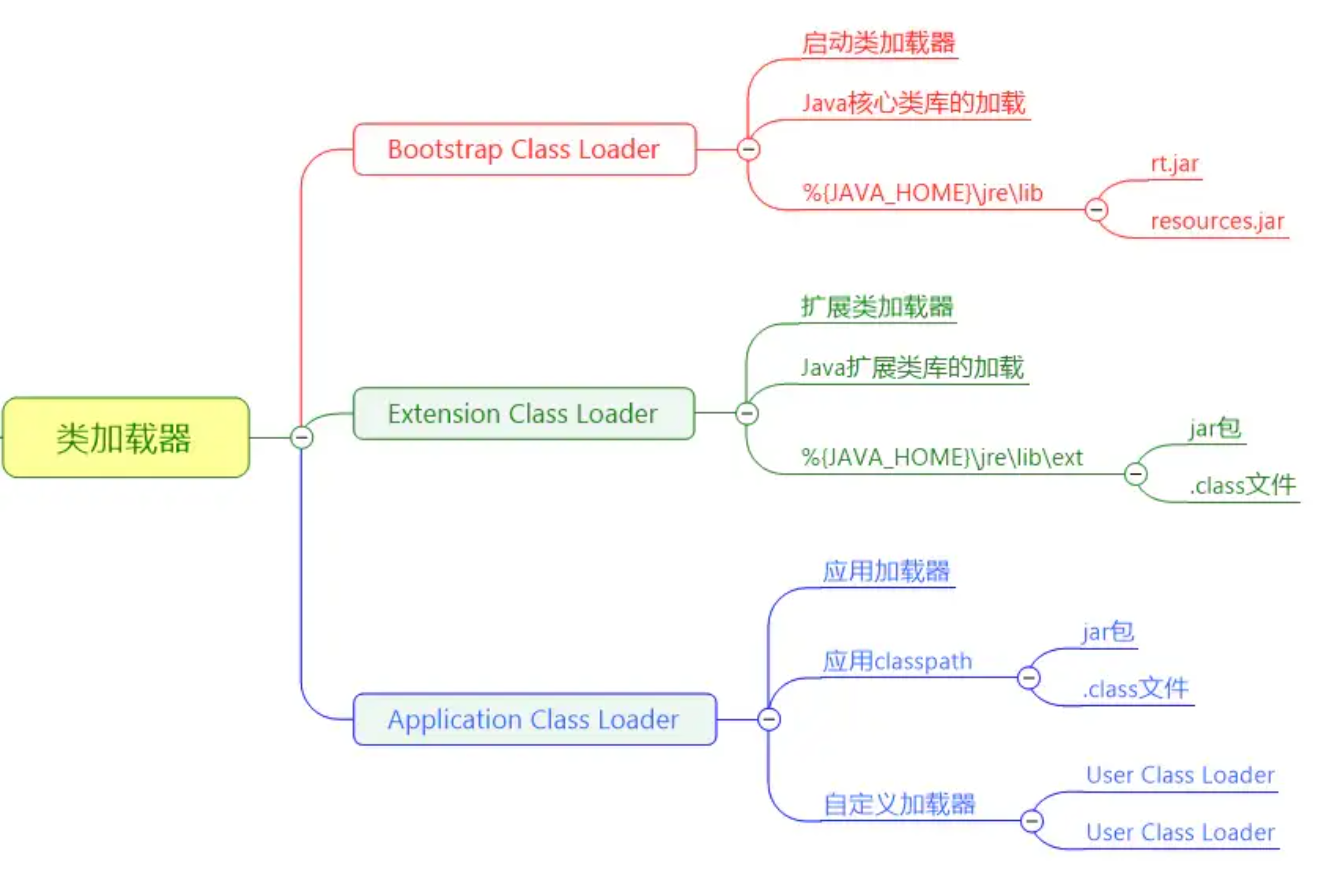


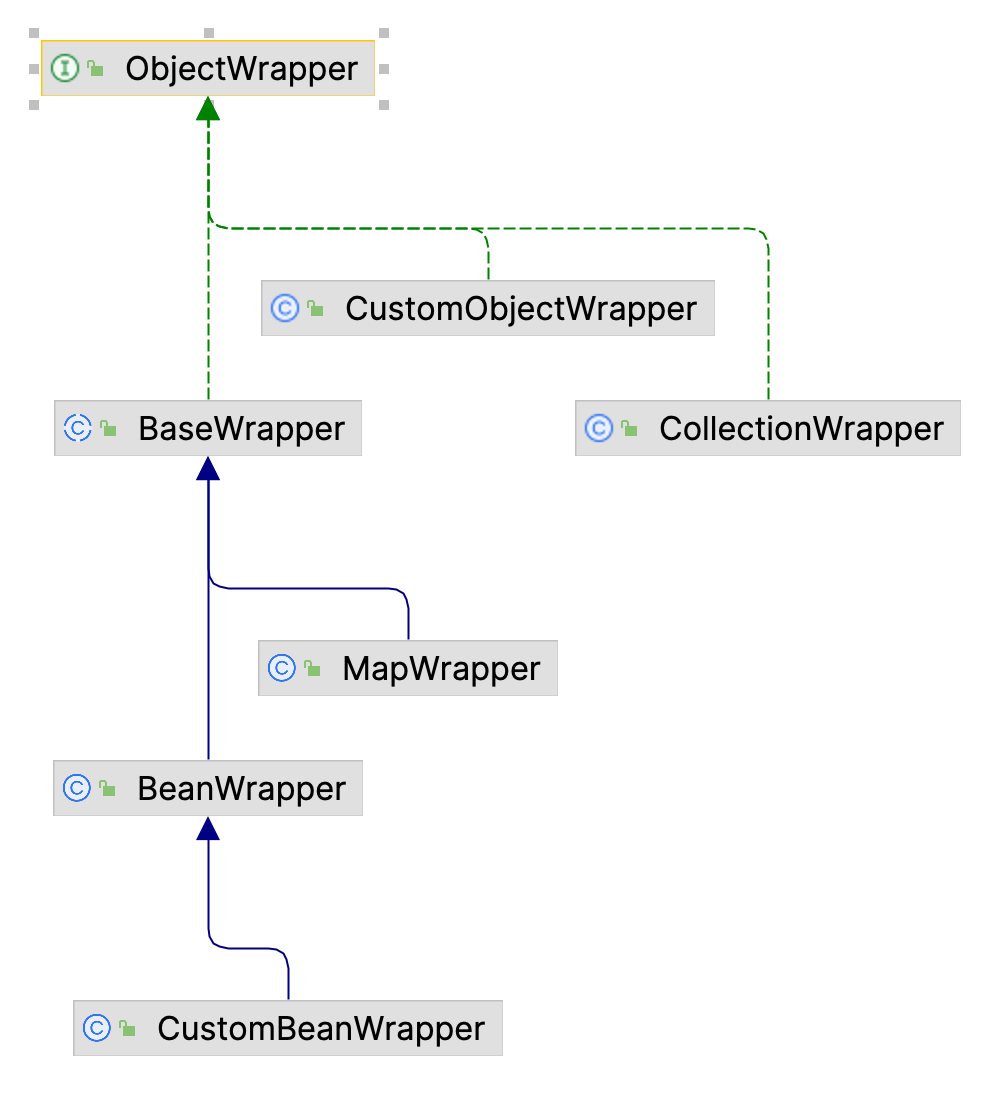
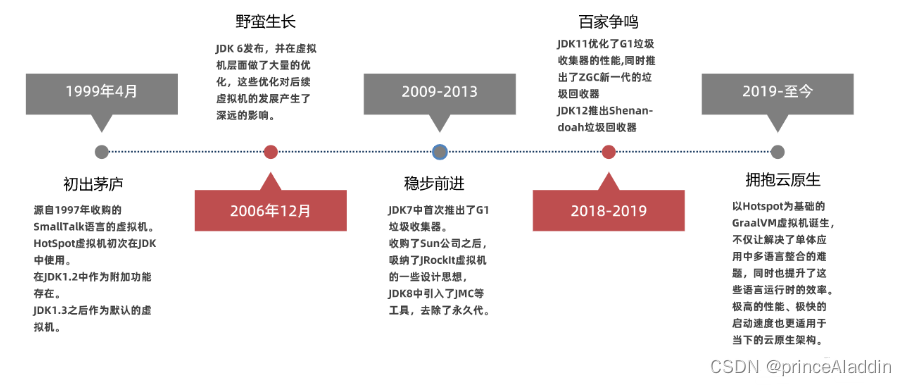





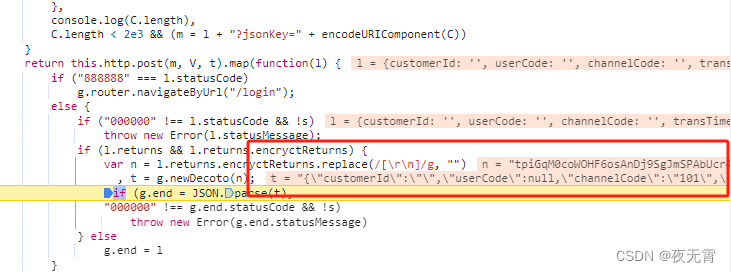
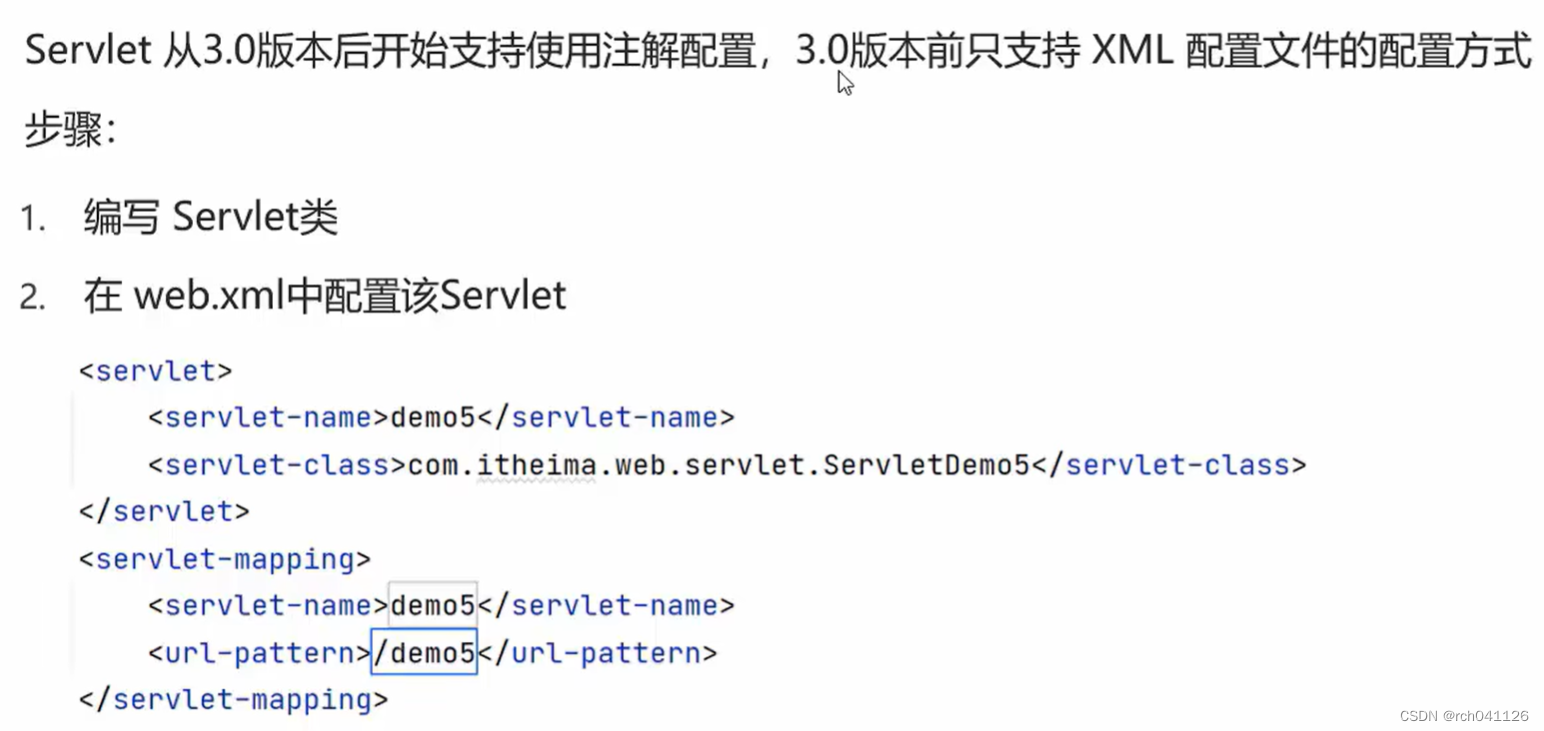
![绝地求生:[更新周报] 3/20 不停机更新:商城无上新、23号七周年HOT TIME!](https://img-blog.csdnimg.cn/direct/bdf5c3af28954ff5be15dfd350e68e68.png)

